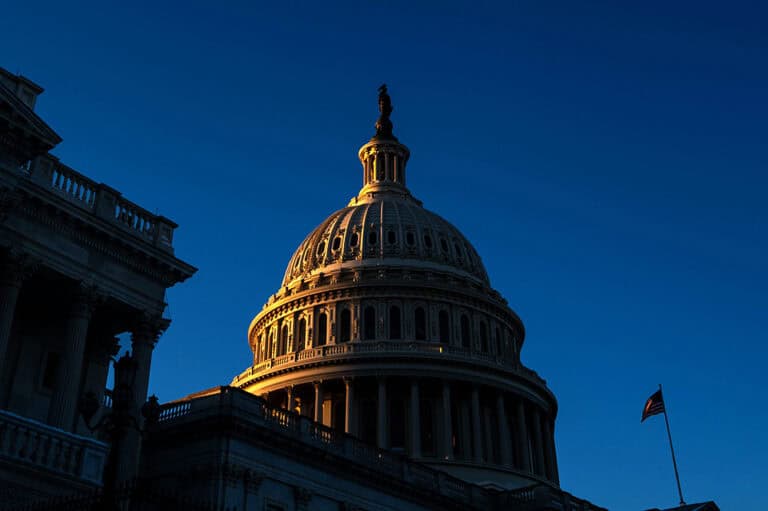House Reconciliation Bill Would Increase the National Debt by More Than Any Other Recent Legislation
The House recently passed the largest reconciliation bill ever, and it is now under consideration in the Senate. The Congressional Budget Office estimates that the bill would add $2.4 trillion (excluding interest) to the national debt over 10 years. That total would far exceed the cost of several other significant pieces of legislation enacted over the past several years, including the 2017 Tax Cuts and Jobs Act, 2020 Coronavirus Aid, Relief, and Economic Security (CARES) Act, 2021 American Rescue Plan, and 2021 Bipartisan Infrastructure Law.
The rapidly growing national debt threatens America’s economic prosperity. A recent analysis from EY’s Quantitative Economics and Statistics practice shows the significant negative effect that rising debt will have on key economic indicators, such as gross domestic product, jobs, investment, and wages. Increasing national debt also puts upward pressure on inflation and interest rates, weakening the economy and increasing the chance of a fiscal crisis.
Michael A. Peterson, CEO of the Peter G. Peterson Foundation, noted that “budget reconciliation should be a tool for improving our fiscal health, but this bill takes America in the opposite direction. Lawmakers still have an opportunity to improve it by finding credible offsets and eliminating gimmicks.” As Congress continues to work on the reconciliation bill, lawmakers should prioritize fiscal responsibility by incorporating reforms that offset costs so that the legislation, at the very least, does not worsen the fiscal path of the United States.
Photo by Evan Semones - cosmophotography/Getty Images
Further Reading
Top 10 Reasons Why the National Debt Matters
At $38 trillion and rising, the national debt threatens America’s economic future. Here are the top ten reasons why the national debt matters.
What Is the National Debt Costing Us?
Programs that millions of Americans depend on and care about may be feeling a squeeze from interest costs on our high and rising national debt.
Interest Costs on the National Debt Are Reaching All-Time Highs
The most recent CBO projections confirm once again that America’s fiscal outlook is on an unsustainable path — increasingly driven by higher interest costs.


